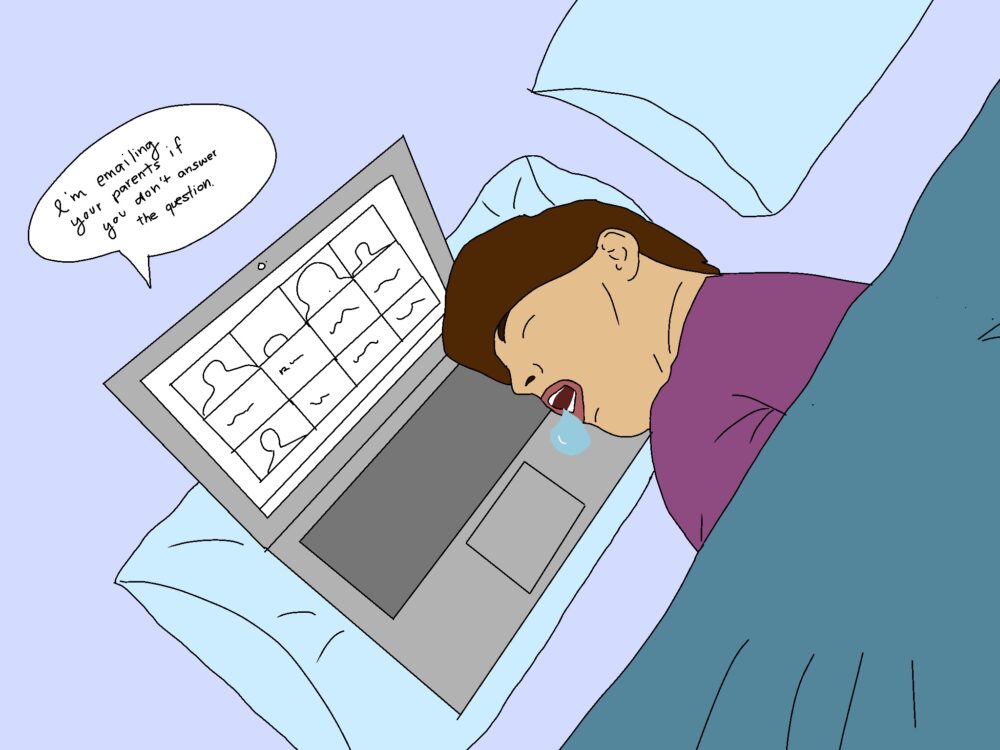
By Jessica Nguyen & Brian Pham
Whether it is doing an all-nighter to study for a test, sleeping late during the weekends or break or having trouble sleeping one day, it is easy to mess up your sleeping schedule and even harder to get it back on track. But with these tips, here’s how you can fix your sleeping schedule.
How your sleep schedule works
Your body operates on an internal schedule or clock called the circadian rhythm that relies on a part of your brain, the hypothalamus, to send signals that determine your sleep schedule. The suprachiasmatic nucleus of the hypothalamus bases these signals and the release of melatonin, a sleep hormone, on exterior factors such as light, which is why sunlight or your phone can often keep you up. Forcing your body to sleep or wake up at another time goes against your body’s internal clock, which makes it difficult to sync it back again.
Just one day of disrupted sleep can mess up your entire sleeping schedule, resulting in tiredness, poor sleep quality and even health problems, such as depression, diabetes and bipolar disorder. This is why you should try to fix your sleeping schedule as soon as possible.
Tip for how to fix your sleep schedule
Stop taking naps.
After a day of little sleep, it may be tempting to take a nap to feel less tired and catch up. However, this may not be effective if you aren’t doing them right and can leave you more tired and still with a messed up sleep schedule. Your body prefers long, consistent hours of sleep, so naps are not the answer. Instead, if you pull an all-nighter, you should continue to stay up for the rest of the day until it is time for your normal bedtime.
Eat earlier.
Eating just a little earlier can help your sleep schedule. When you eat a meal, your body takes time to digest and break down the food. This digestion can keep you from falling asleep and keep you up later at night. So if you’re eating your meals an hour or so before you go to sleep, you may be keeping yourself up. Consuming foods such as almonds, kiwis and cherries or drinks such as chamomile tea and warm milk are also ways to help with sleep.
Monitor your exposure to light
It is crucial that you limit your exposure to light at night because the more light you experience, the less melatonin you produce, thus keeping you up at night. Dimming the lights at night, sleeping in a dark room or using the night mode feature on your phone can reduce blue light exposure and help you fall asleep quicker. On the other hand, if you need to stay up, going outside and staying in bright places can keep you alert and awake.
See a doctor.
If you have tried many different solutions and none of them have helped, that might be a sign you have a sleeping disorder such as insomnia. Insomnia is a medical condition that prevents people from sleeping easy at night. If you are having severe sleeping problems, talk to a doctor or specialist to find out if you could be suffering from a sleeping disorder and need medication.
Getting enough sleep can be a start to a great new day and a way to live your day to its fullest. Whether you need to feel more awake during the day or just want to feel less tired and more productive, it is never a bad thing to try to fix your sleep schedule. Sleep well, Barons!





